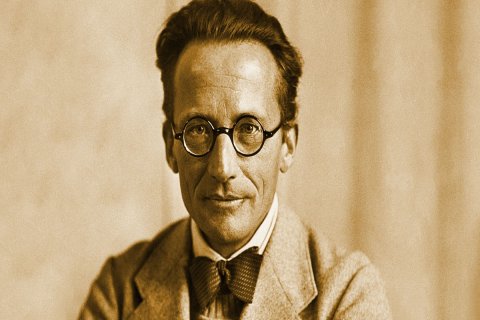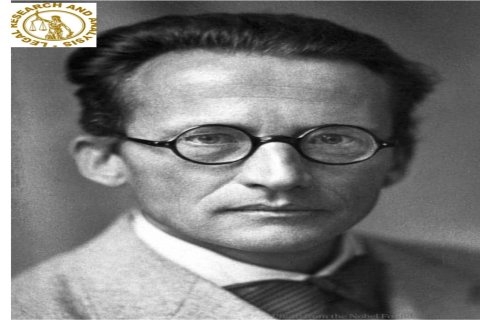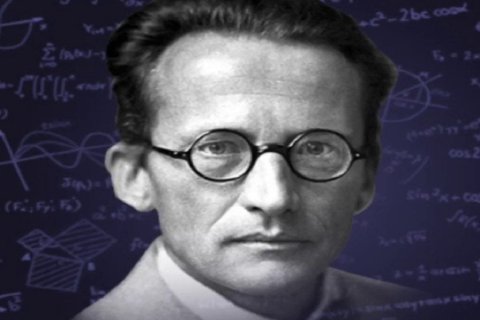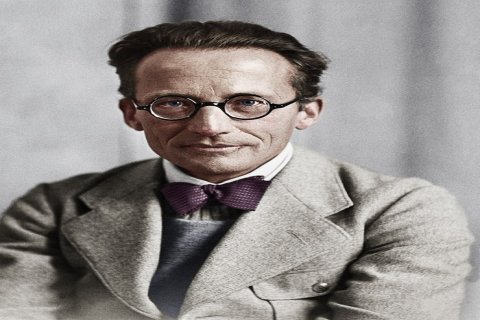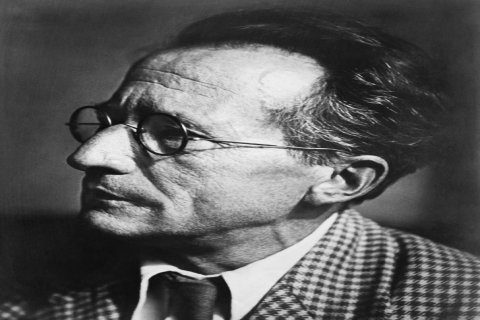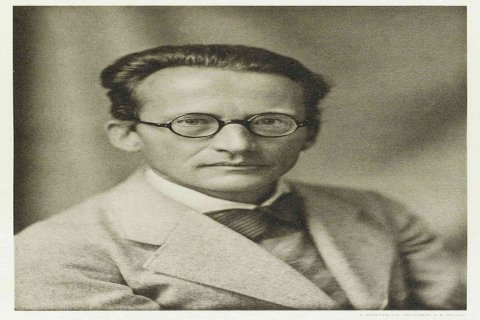Erwin Schrödinger
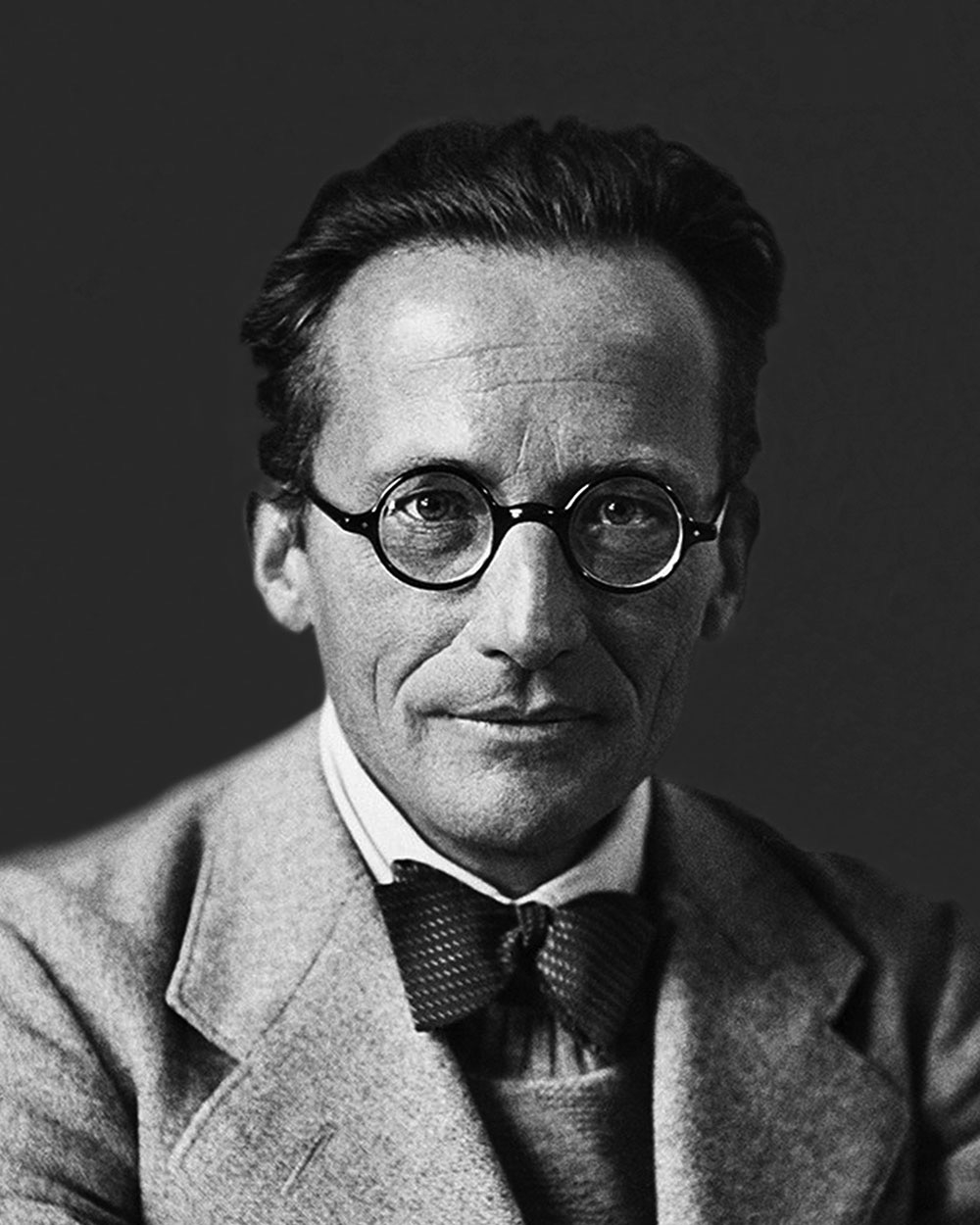
Erwin Schrödinger: A Pioneer in Quantum Mechanics and His Notorious Thought Experiment
Introduction: Erwin Schrödinger was an Austrian and later Irish physicist who made significant contributions to the field of quantum mechanics. His groundbreaking work in the early 20th century revolutionized our understanding of physics and laid the foundation for the modern computer age. This article explores Schrödinger's life, scientific achievements, and the lasting impact of his famous thought experiment, known as Schrödinger's cat.
Early Life and Education: Erwin Schrödinger was born on August 12, 1887, in Vienna, Austria. He displayed a keen interest in physics and mathematics from a young age. After completing his education at the Akademisches Gymnasium in Vienna, Schrödinger enrolled at the University of Vienna, where he studied under prominent physicists such as Franz S. Exner and Ludwig Boltzmann.
Contributions to Quantum Mechanics: In 1926, Schrödinger formulated the wave equation, known as the Schrödinger equation, which describes the quantum state of a physical system. This equation became a cornerstone of quantum mechanics, providing a fundamental framework for understanding the behavior of particles at the atomic and subatomic level.
Schrödinger's groundbreaking work also extended to the field of quantum entanglement, where he introduced the concept of "quantum superposition." According to this principle, a single quantum system can exist in multiple states simultaneously, a phenomenon that challenges classical physics.
Schrödinger's Cat: A Philosophical Conundrum: In 1935, Schrödinger proposed a thought experiment, now famously known as Schrödinger's cat, to illustrate the paradoxes of quantum mechanics. In this experiment, a cat is placed in a sealed box along with a vial of poison. The release of the poison depends on the outcome of a random quantum event. Until the box is opened, the cat is considered to be both alive and dead simultaneously, highlighting the superposition principle. This experiment sparked intense philosophical debates about the nature of reality and the relationship between quantum physics and consciousness.
Legacy and Influence: Erwin Schrödinger's contributions to quantum mechanics earned him widespread recognition and numerous accolades. He was awarded the Nobel Prize in Physics in 1933, along with Paul Dirac, for their seminal work on the development of quantum mechanics.
Schrödinger's ideas have had a profound impact across various fields, including physics, chemistry, biology, and even computer science. His research laid the foundation for the development of quantum computers, which have the potential to revolutionize computation and problem-solving.
Conclusion: Erwin Schrödinger was a brilliant physicist whose groundbreaking work in quantum mechanics revolutionized our understanding of the fundamental nature of reality. His contributions to science earned him a place among the most influential physicists of the 20th century. His thought experiment, Schrödinger's cat, continues to spark philosophical debates and serves as a testament to the enigmatic and perplexing nature of quantum physics. Schrödinger's legacy remains an inspiration for scientists and scholars, prompting them to explore the depths of reality and seek answers to some of the most profound questions about the universe.


